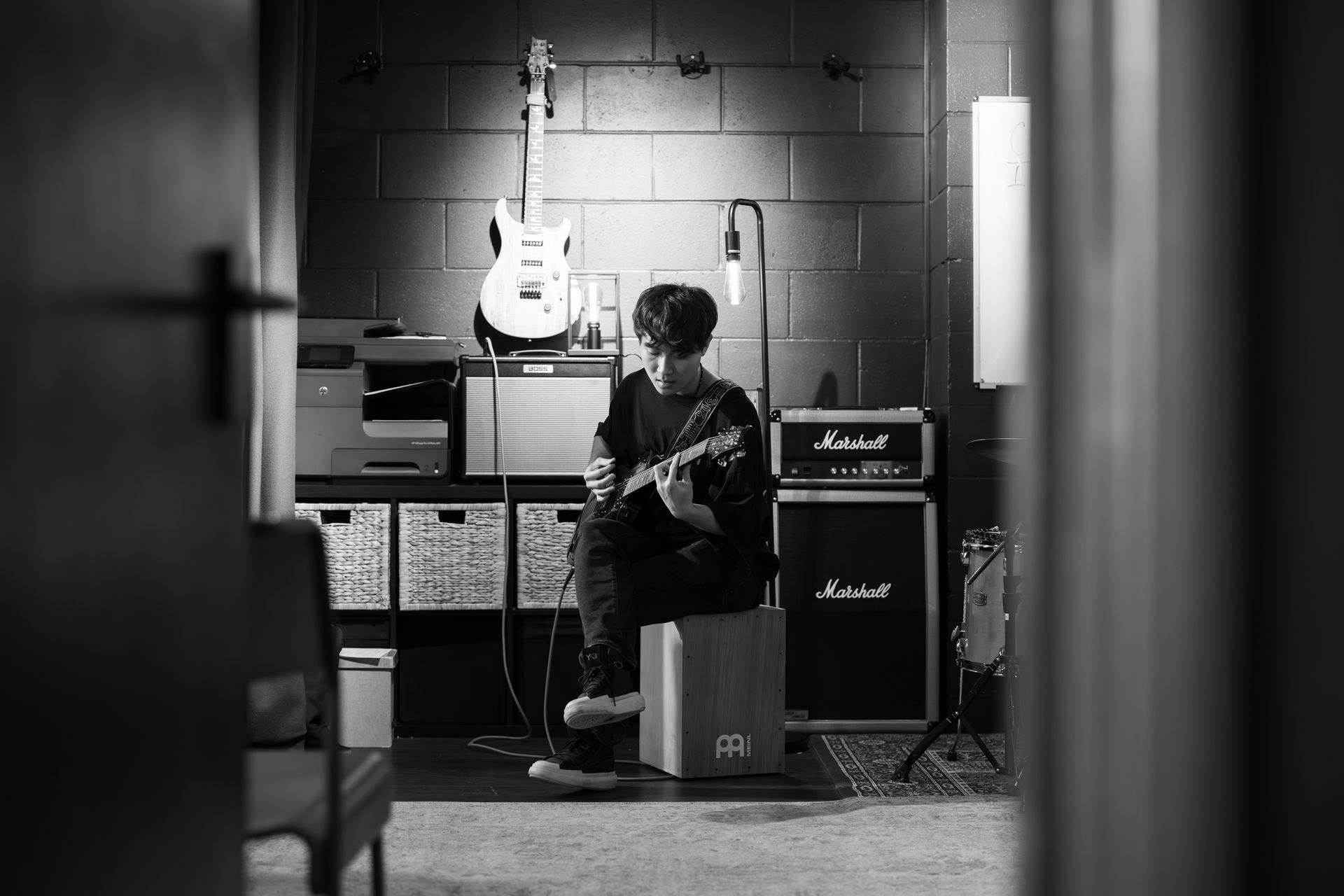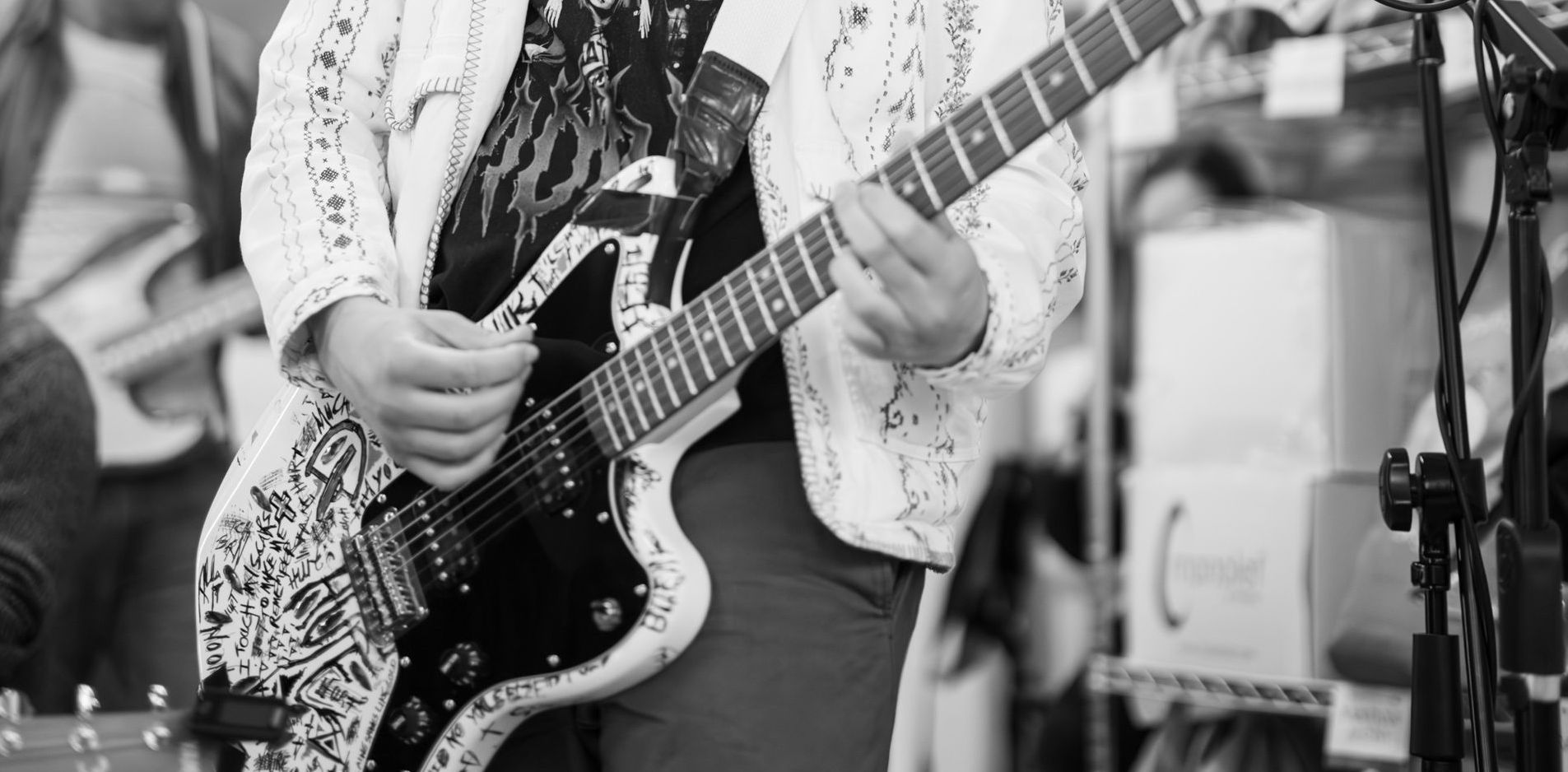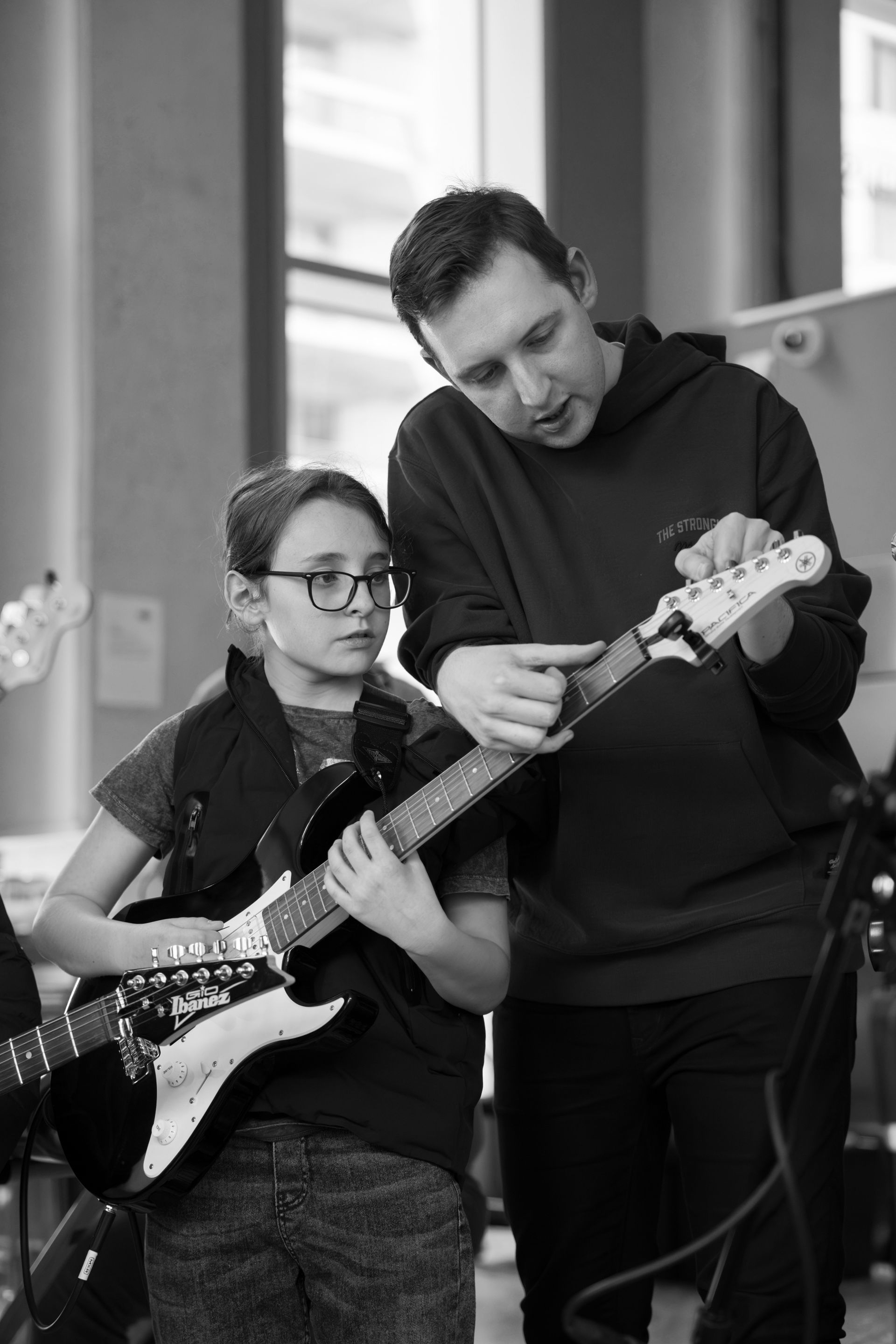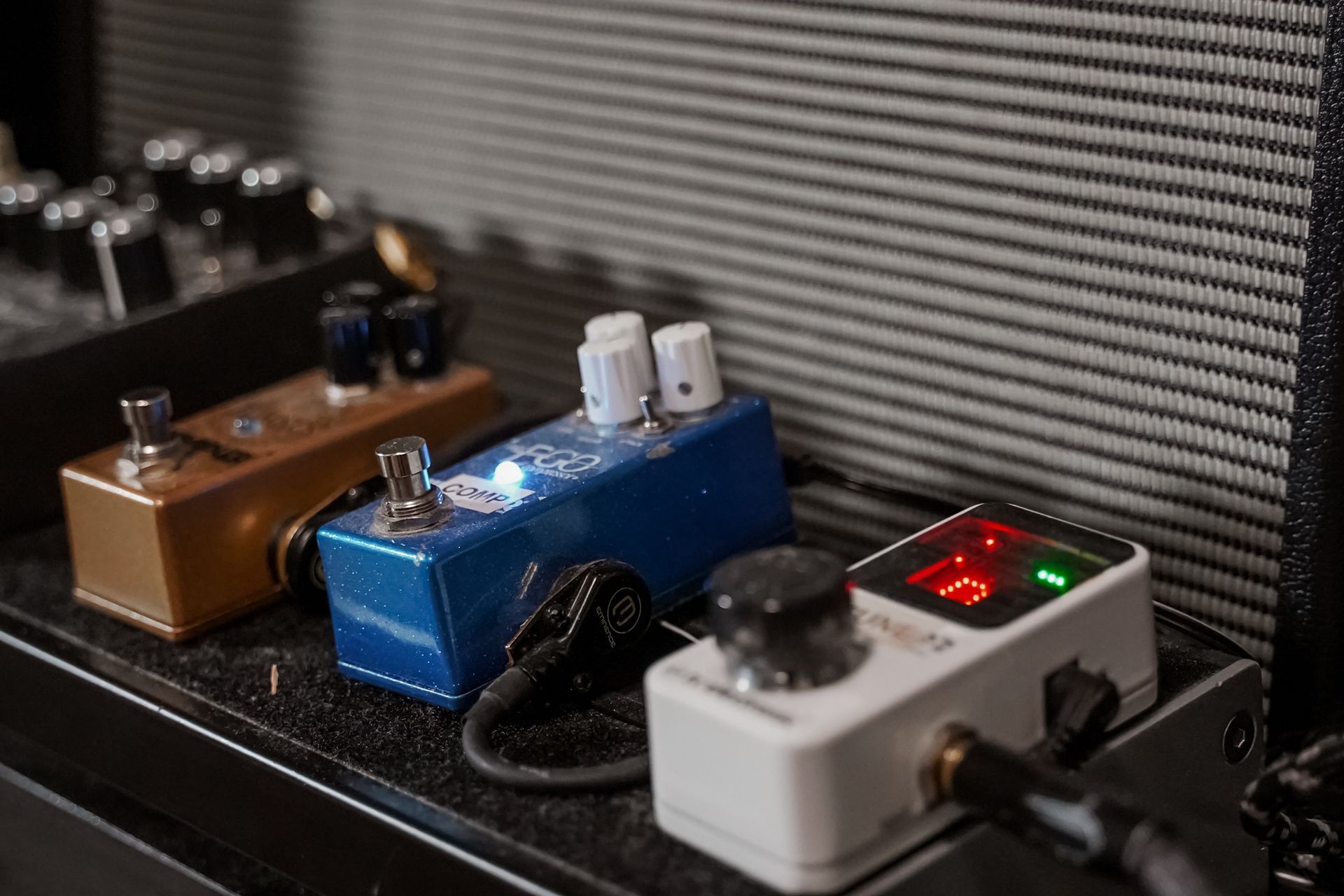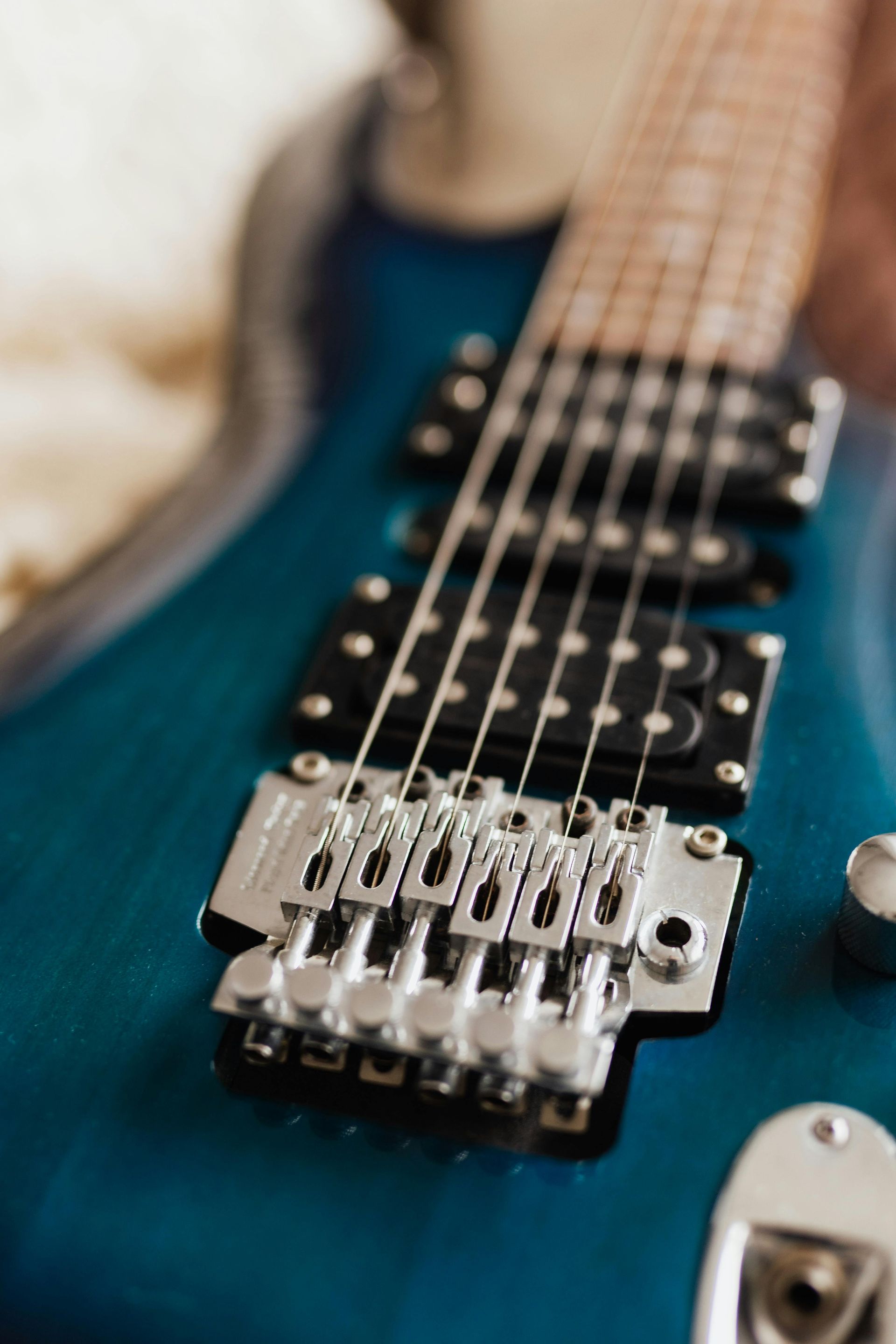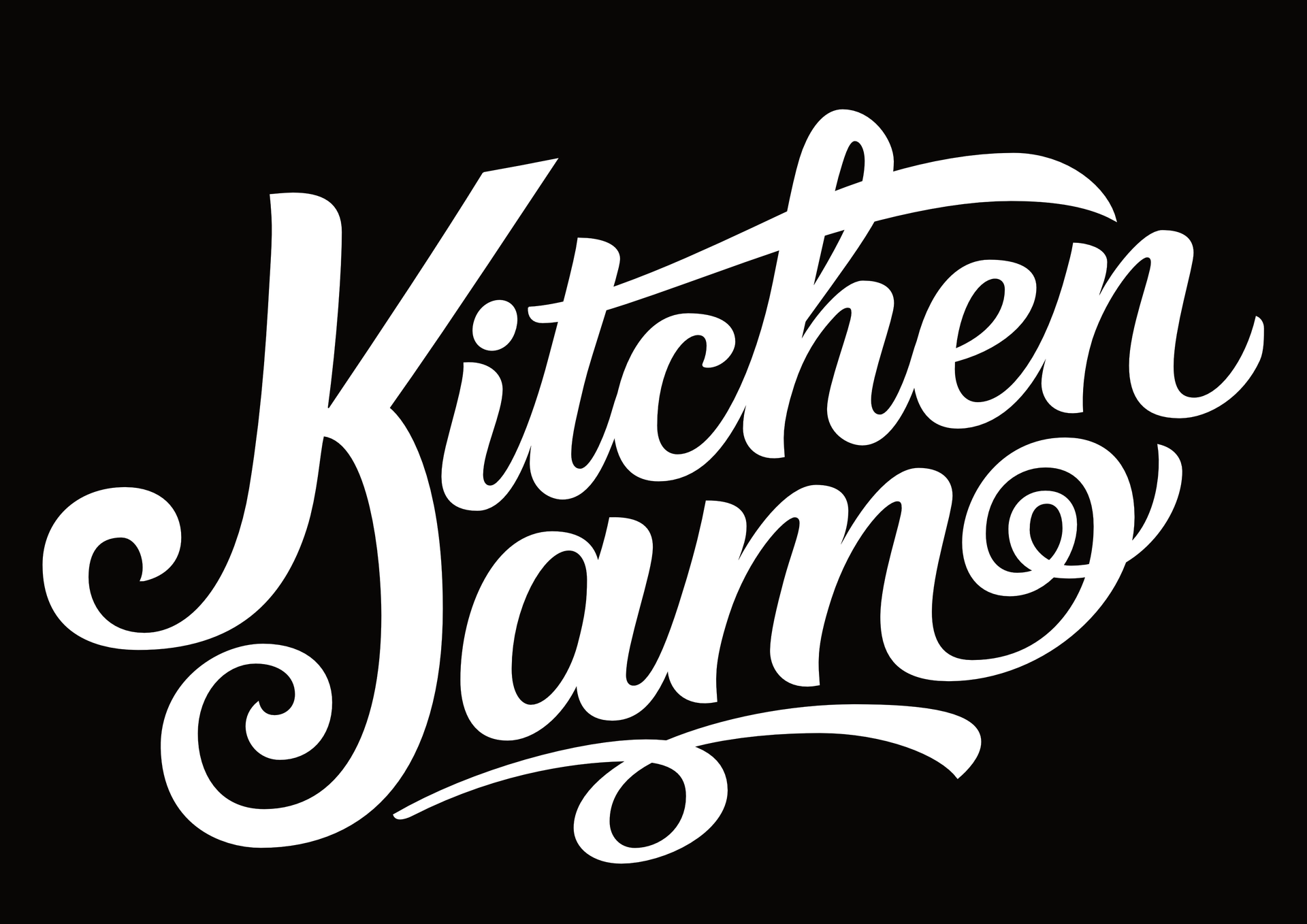Do You Need to Read Music to Play Guitar?

It’s one of the most common questions from aspiring guitarists: do I need to learn to read sheet music? The short, and perhaps surprising, answer for most players is no, you don't.
The guitar world has long operated differently from instruments like the piano or violin. Many of the greatest rock, blues, and pop guitarists, from Jimi Hendrix to countless modern stars, either never formally learned standard notation or rarely used it in their careers.
So, how do guitarists communicate and learn music without the traditional staff?
The Guitarist’s Notation: Tablature
For the vast majority of guitarists, especially those focused on popular music styles, their notation of choice is guitar tablature, or "tabs."
Unlike standard notation, which is a universal language for pitch and rhythm, tablature is a visual map of the fretboard. It uses six horizontal lines to represent the six strings of the guitar, and numbers placed on those lines tell you exactly which fret to press down.
Tablature is incredibly straightforward and efficient for guitarists because it directly addresses the instrument's unique layout, where the same note can be played in multiple places. It tells you where to put your fingers, making it the perfect tool for quickly learning songs, riffs, and solos. For a beginner, tabs offer a less intimidating, more immediate path to playing.
The Power of the Ear
Another crucial skill that often bypasses the need for sheet music is ear training. Learning to play by ear—the ability to hear a piece of music and replicate it on the guitar—is a fundamental part of the modern guitar tradition.
Developing a strong ear helps you:
- Figure out songs when tabs aren't available or accurate.
- Play along with other musicians and jam spontaneously.
- Develop your own sense of melody and improvisation.
This skill, combined with understanding guitar-specific concepts like chord shapes and scale patterns, often proves more valuable for a working guitarist than sight-reading staff notation.
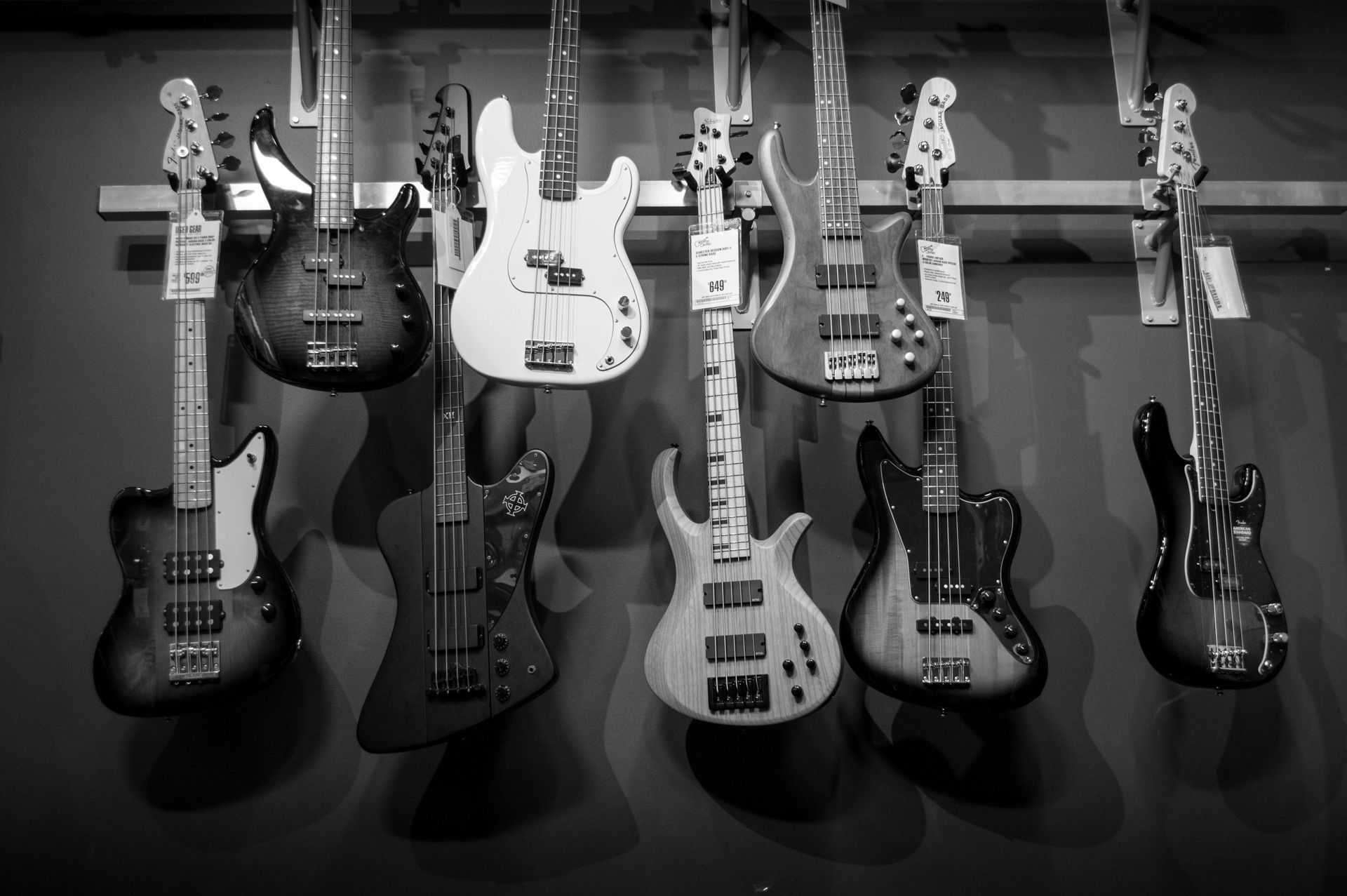
When Standard Notation Does Matter
While not strictly necessary, learning to read standard sheet music is certainly an asset and becomes essential in a few specific fields:
- Classical or Jazz Guitar: These genres have a deep written tradition, and their pieces are almost exclusively found in standard notation.
- Session Work/Professional Gigs: If you aim to be a versatile 'for-hire' musician playing a variety of styles, sight-reading is often a non-negotiable professional skill for quick communication with non-guitarist band members.
- Advanced Music Theory: While you can learn theory without it, standard notation is the universal language for explaining harmony, counterpoint, and composition.
Find Your Path
Ultimately, whether you need to read music depends entirely on your goals.
If your aim is to play your favourite rock songs, join a garage band, or simply enjoy guitar as a hobby, focus on tabs, chords, scales, and developing your ear. These are the tools that will get you playing effectively and enjoyably in the shortest amount of time.
If your aspirations lie in the academic world, classical performance, or professional studio work, then dedicate the time to master standard notation—it will open doors and expand your musical horizons.
The good news is that for most guitarists, the fretboard is a playground that requires no academic prerequisites, just curiosity and dedication. Pick up that axe and start strumming—the score is optional!
